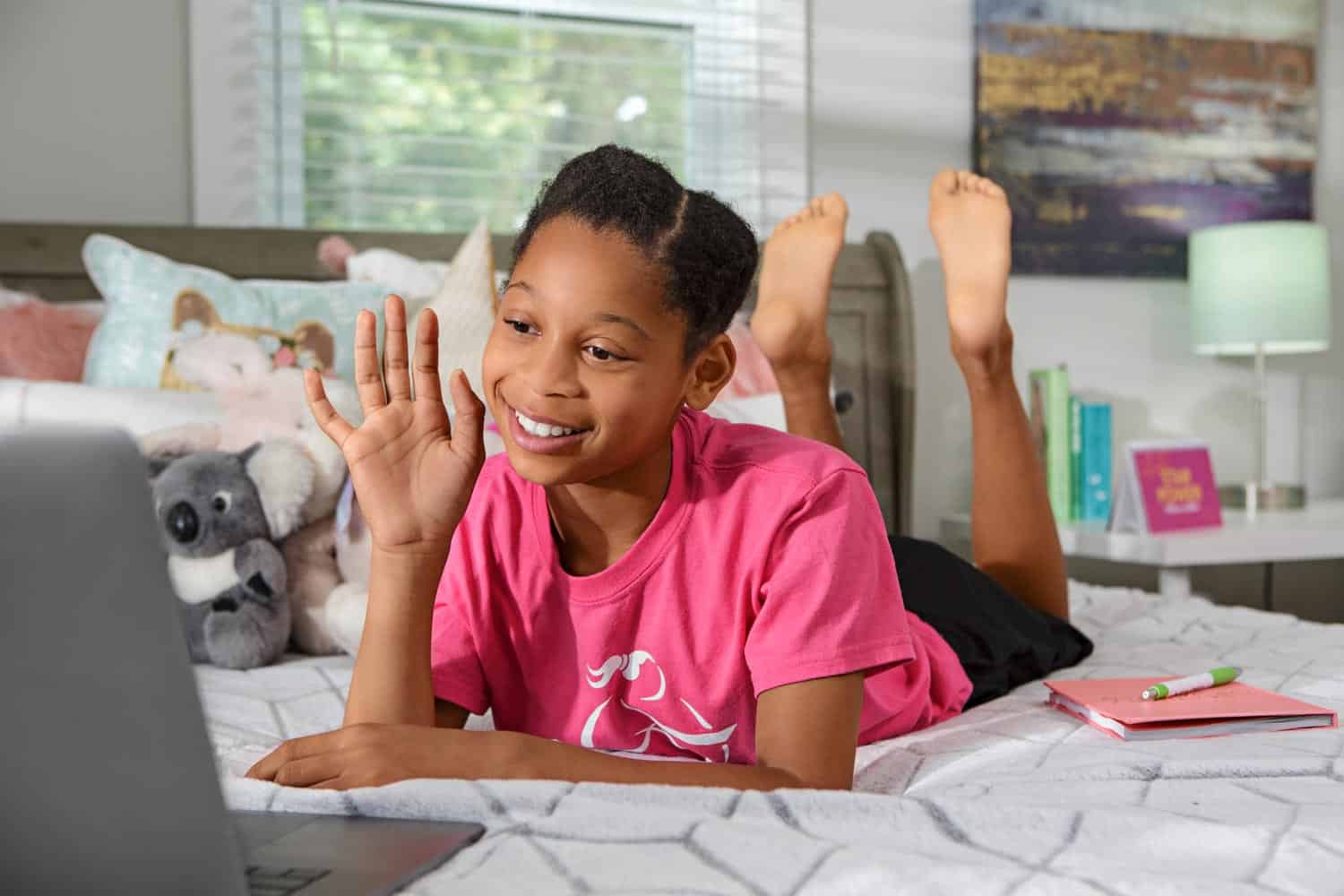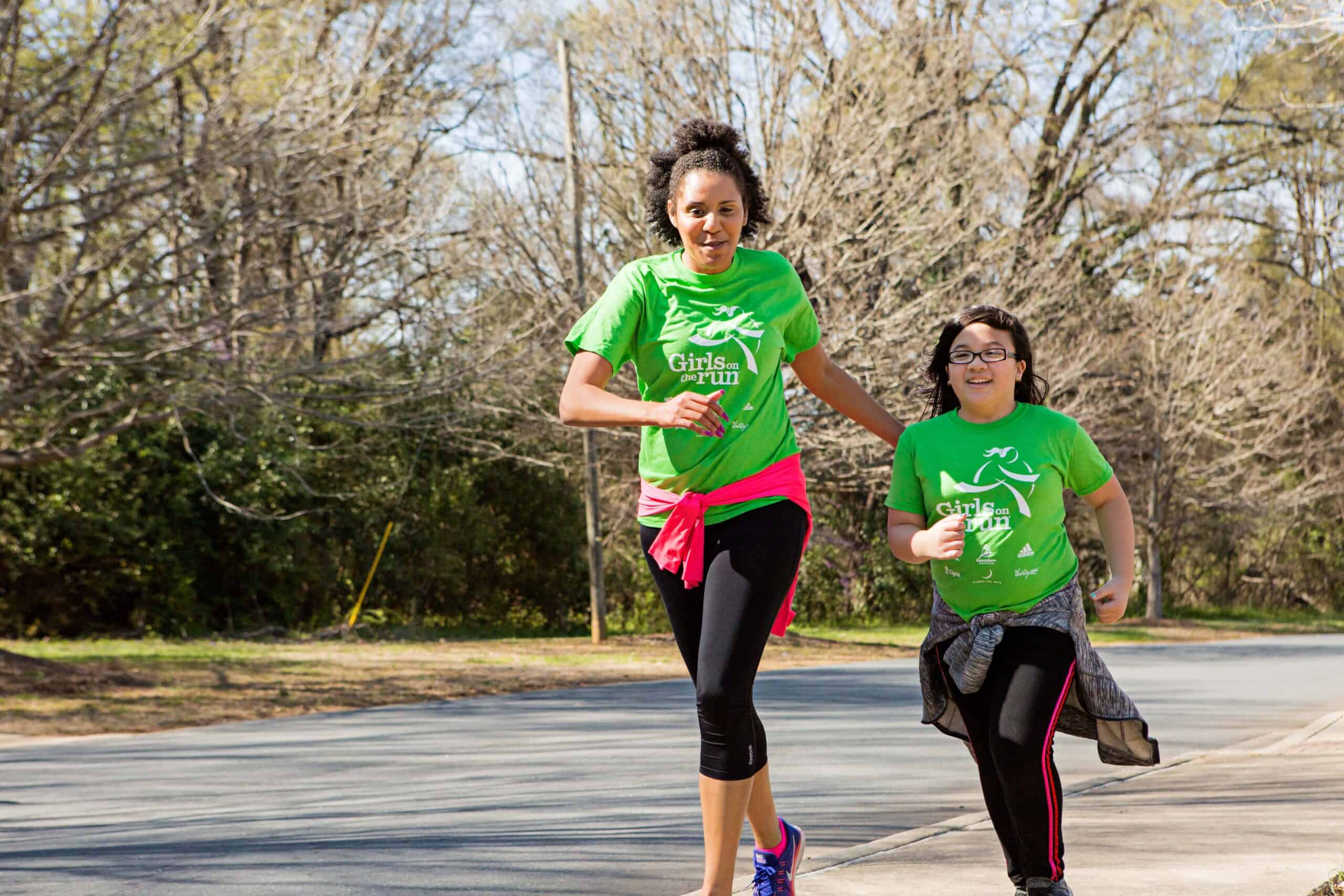SPONSORED BY BUSINESS WOMEN’S NETWORK (BWN) OF HOWARD COUNTY
In March, the world turned upside down. Our nation is experiencing multiple crises at the same time- a global pandemic, economic fallout, and the nationwide mobilization for racial justice. No one is left untouched. All have experienced some level of loss: loss of income, health, loved ones, social freedoms, safety, even peace of mind. If we as adults are struggling under the weight of this enormous stress, how are our kids doing?
Our school-aged kids are facing extraordinary stressors (loss of daily routine, friends, social support, sports, events, activities, etc.). Some are missing major milestones, experiencing the trauma of losing a loved one, or the loss of family income and stability that adds the stressor of potentially not having enough food or mental and physical security.
One of the best ways we can help kids through this difficult time is to equip them with the tools they need to understand and process their emotions, manage stress, resolve conflict, and be resilient. These important life skills fall into the category of education known as social-emotional learning (SEL). Social emotional learning (for girls and boys) has become a hot topic in the field of education within the last few years. SEL (as defined by The Collaborative of Academic, Social and Emotional Learning, or, CASEL) is considered the ability to understand and manage emotions, set and achieve positive goals, feel and show empathy for others, establish and maintain positive relationships, and make responsible decisions.
Even before the pandemic, educators were realizing that these mental health barometers can dramatically impact students’ academic success, classroom management, future employment, and prevention of high-risk behaviors. As the pandemic continues (increasing the likelihood of long-term effects on the mental health of our kids), the need for SEL-focused programs and practices is on the rise. Because schools are only able to touch on these issues in between reading, math, science, social studies, and related arts instruction (Thank you, teachers!), there are an increasing number of extra-curricular programs that focus on social-emotional learning.
SEL is important for both boys and girls right now, but girls are feeling the impact of the pandemic more. For years, experts have seen a significant decrease in physical activity and an alarming increase in anxiety and depression in girls (substantially more than boys). Rachel Simmons, in her book Under Pressure, states that a staggering 31 percent of girls experience symptoms of anxiety as compared to only 13 percent of boys. She also states that adolescent girls are now three times as likely as boys to become depressed. Add a pandemic on top of that and our girls are really struggling.
One of the most common effects of the pandemic so far for girls is the increase of loneliness. In May of this year, The ROX Institute for Research and Training administered a wide-reaching survey to assess the well-being of girls across the country. They discovered: “In general, girls more than boys, tend to define themselves in relation to others. Their relationships are significant sources of support and being disconnected from some of their most primary sources of stability and encouragement can be detrimental to their mental health. With nearly 80% of girls reporting more isolation since COVID-19 began, it is important that schools ensure they are adequately attending to the potential mental health threats that can accompany unsupported virtual learning.”
In July, CASEL (a national organization focused on research and education initiatives advancing SEL) collaborated with 40+ organizations to create: “Roadmap to Re-opening School”, a guide for school systems and parents to prepare for the transition of an unusual school year nationwide. The guide states: “Academic learning and cognitive growth are inextricably linked with social and emotional development and environments. For example, students learn best when they are focused, find information relevant and engaging, and are actively involved in learning. This requires them to have a ready and focused brain, use emotional regulation skills, and also be in an environment where they feel physically and emotionally safe, connected, included, and supported.” SEL provides a solid foundation for children to be academically successful and establish healthy practices that will positively impact their current and future mental health.
Our kids need us. All adults in the life of a child are essential at the table of collaboration right now: parents, educators, neighbors, and community partners. Kids need to feel free to ask questions and given space to process loss and fear and other complex emotions they may be feeling. Kids need to feel connected to and supported by caring-adults and their peers. They need tools and opportunities to practice healthy coping mechanisms to manage stress in these uncharted territories.
These are perilous and uncertain times. Let’s give our kids every chance to process, connect and grow in this challenging season.
Girls on the Run has been providing social-emotional learning for girls all over the United States for almost 25 years. Our research-based curriculum was named one of the top three afterschool social-emotional learning programs in a recent study completed by Harvard University. At Girls on the Run of Central Maryland, we believe the skills practiced in each GOTR lesson are essential at this time of extraordinary circumstances, which is exactly why we remain determined to make this program accessible to every girl in Howard and Carroll counties.
Since schools have closed, Girls on the Run of Central Maryland has adapted our curriculum to provide options for girls to participate either virtually or in a small group at a safe distance outdoors (according to each family’s preference). Financial assistance is available based on household income, but for the first time in our history, we may run out of scholarship funding due to the financial impact of COVID on our organization.
If you want to help girls recognize their limitless potential, please visit gotrcentralmd.org. We have many volunteer and fundraising opportunities available. Registration is now open for the Fall 2020 season of Girls on the Run (grades 3-5) and Heart & Sole (grades 6-8). The 8-week season runs from September 20 – November 20, 2020.
Author: Lynn Jore, Carroll County Coordinator for Girls on the Run of Central Maryland. Jessamine Duvall, Executive Director, also contributed to this article.






